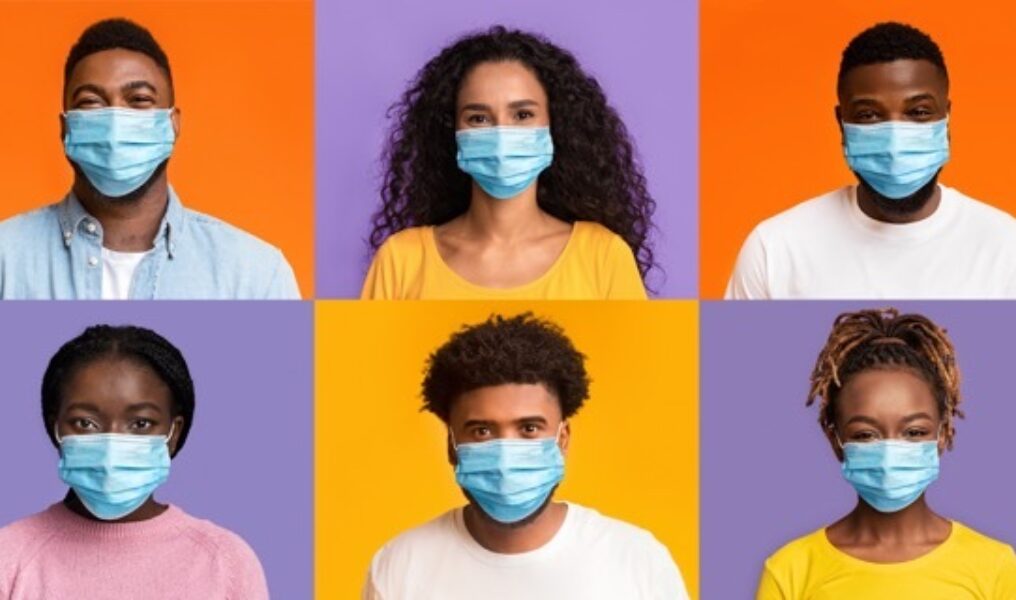A new study is underway looking at how the pandemic is affecting sexual and gender minorities (SGM) compared to their heterosexual and cisgender counterparts.
Ning Hsieh and stef m. shuster, assistant professors at Michigan State University (MSU), are conducting the BIPOC LGBT+ Health and Pandemic Study. In an exclusive interview with Pride Source, they revealed some of their initial data.
"It's been disarming to sit with the data," shuster tells Pride Source. "The medical field is not usually responsive to LGBT+ people and not responsive to people of color. So when you put those identities together, it's a little out of this world how challenging it is for people to navigate health care."
Using in-depth interviews, Hsieh and shuster hope their study begins to fill a gap in scholarly knowledge on how race, sexuality and gender combine to produce health inequalities among BIPOC LGBTQ+ people, especially during a global pandemic.
"We intend to use the data from the study to inform public health officials who may not recognize the specific precarities of BIPOC SGMs as well as share the findings with medical providers in Michigan to begin working towards alleviating health inequalities and creating a more just health system," reads part of an overview of the study.
The study was initially limited to Lansing residents, but virtual interviews are now open to BIPOC LGBTQ+ people across Michigan. Though participants are still being recruited, completed interviews have already shown alarming health disparities.
"There is an assumption that everyone is cishet," one mixed-race nonbinary queer person reported in their interview. "At a gynecology appointment with a new provider, I was scolded for not using birth control even though I physically cannot make babies with my wife (my only sexual partner). The nurse told me that, 'Miracles happen.'"
Another mixed-race nonbinary person was told by a provider that "they didn't take nonbinary gender identity seriously and continued to refer to be my assigned gender at birth and made comments directly to me about how they don't believe in all that 'they' stuff."
In a summary of the study, common reasons cited for poorer health outcomes among SGM include social isolation, risky coping behaviors such as tobacco and alcohol use, and delaying health care — all of which are rooted in stigma. Moreover, medical mistrust discourages BIPOC LGBTQ+ people from seeking healthcare except during emergencies and delaying important preventive care.
Hsieh and shuster want their data to change these findings.
"So our hope is not only to do this research and to publish, but our hope is to reach back out to the medical providers across the state of Michigan and to use this research to start conversations about how to change health structures to become more responsive to the needs of LGBT+ people of color," says shuster.
To take part in the BIPOC LGBTQ+ study, register here.












